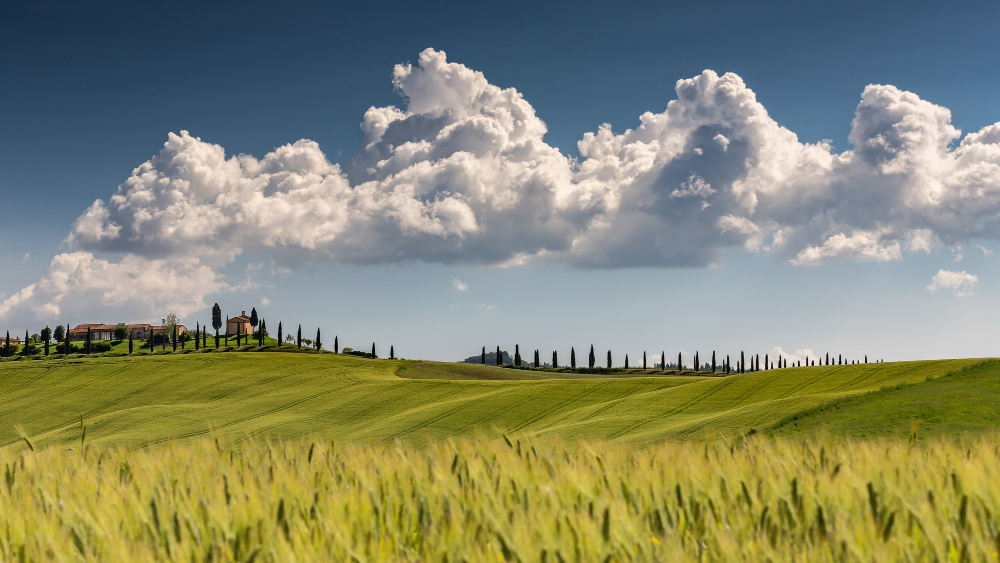We met with local producers in Iași County to identify the problems they face in the agri-food chain. The meeting was attended mainly by producers of animal products, but also vegetable growers. In the first part, the Cities2030 project and the innovative Food for Iasi Living Lab hub were presented. During the meeting, issues were identified, especially regarding: market access, access to financing, support of local authorities.
Market access
- Intermediary traders behave abusively and sometimes even illegally in relation to local producers. And this situation has important consequences for the right price.
- At the same time, these intermediaries sometimes called „samsari” in Romanian, block producers’ access to agri-food markets.
- There are problems with the rental of stalls by producers in the agri-food markets.
- „Samsarii” buy very cheaply from manufacturers and sell much more expensive.
- Some of them are not taxed or avoid taxation when they can.
- Genuine producers lose trustworthy capital due to frivolous producers or even those operating on the market at the limit of the law.
- Manufacturers demand fair market access and practices that encourage fair pricing.
- The infrastructure of the agri-food markets in Iași needs to be improved, in order to allow access to the market and local products of animal origin.
- The role of intermediaries cannot be neglected, but they must be encouraged and even obliged to be taxed.
- Manufacturers have no commercial and marketing experience.
- In Iași there is only one slaughterhouse for birds.
- The development of micro-slaughterhouses is recommended.
- Measures should be taken to correlate the volume of food sales with the area held, in order to discourage speculative commercial practices.
- More drastic controls should be made in agri-food markets.
- It is a bad thing that the Agri-Food Market Police has been disbanded.
Access to finance
- Accessing funds is difficult for small and older producers.
- Co-financing is sometimes an obstacle to project development.
- The bureaucracy is too big in the process of accessing and implementing projects.
- Eligibility rules are sometimes too restrictive.
Local authority support for local producers
- Authorities and other actors in the food system need to be more involved in supporting local producers.
- Manufacturers need to be aware that they too need to be a part of solving the problems they face. Thus, we need to encourage registration, taxation, and associative culture.
- Control bodies need to provide better support to producers.
Other suggestions received
- The producers complain that there are a lot of projects that produce public debate, but the results are long overdue.
- Models of good practice are not pursued or replicated. Târgu Frumos offers models of good practices in vegetable growing. The association of local producers Produs în Iași was presented as a model of good practices in the associative culture.
- Manufacturers need to focus more and more on product processing.
- Measures on the traceability of agri-food products must be applied.
- Local town halls need to be stricter in issuing producer certificates.
- The relationship between producers and local town halls needs to be improved.
- Flying markets could be a solution in support of local authorized producers.
- Proposal: Resumption of the activity of the Agri-Food Market Police
The problems identified and the data collected will be used in discussions with other actors in the urban food system to facilitate the process of identifying solutions to food system problems.
I took advantage of the presence of the producers and applied a questionnaire, to which I received 25 answers.
During the meeting, the Gust de Iași platform was also presented, achieving a new synergy with the Cities2030 project.
The meeting was hosted by the Iași County Department of Agriculture and was organized by the Romanian Academy, Iași Branch, and Iași City Hall, within the Cities2030 project, under the umbrella of the innovative Food For Iași Living Lab hub. The event was moderated by Ioan Sebastian Bruma, Codrin Dinu Vasiliu and Lucian Tanasa.
